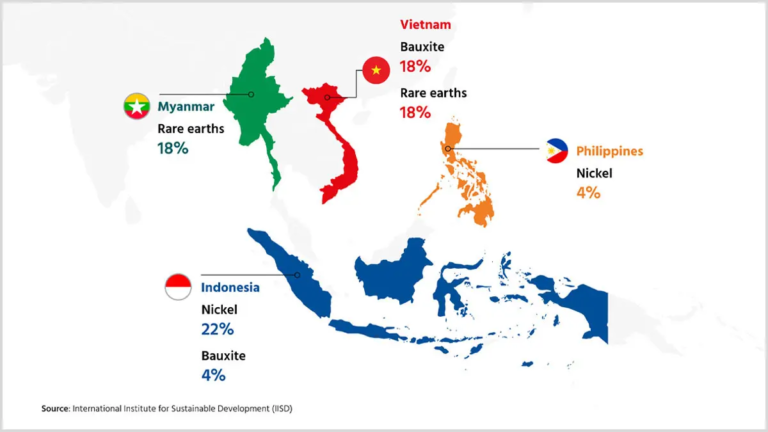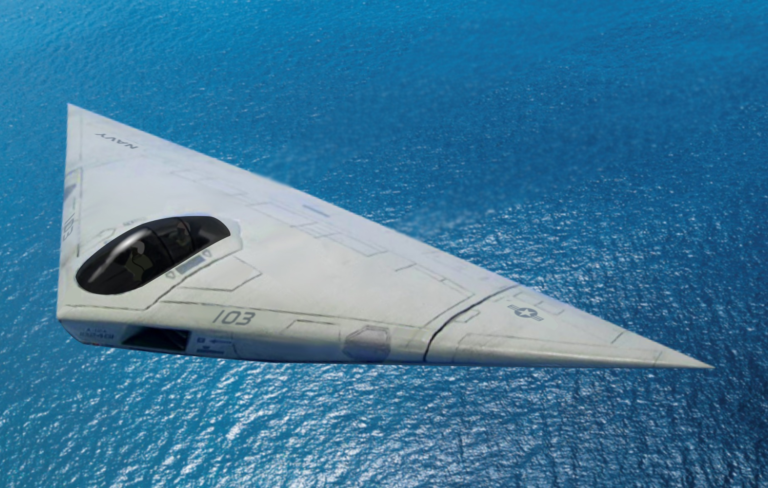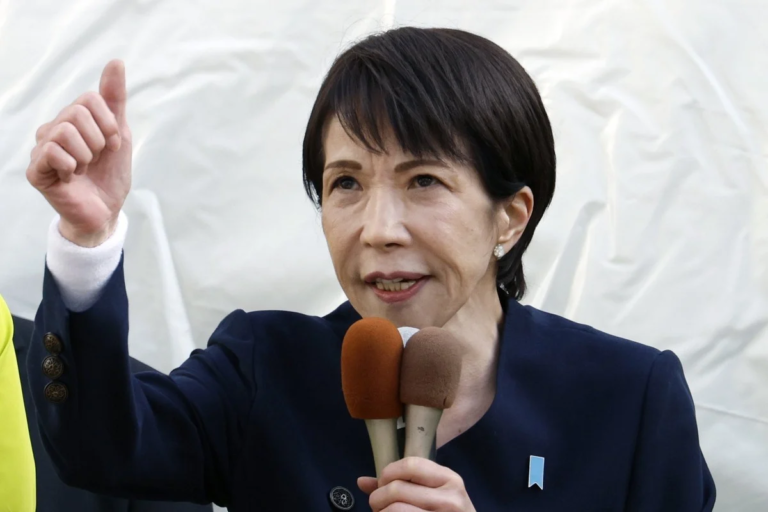
The People’s Liberation Army (PLA) conducted large-scale drills around Taiwan as a demonstration of deterrence against secessionist attempts and external interference. These military exercises are seen as a direct response to escalating tensions in the region, emphasizing China’s stance on safeguarding its territorial integrity and opposing any movements toward Taiwan’s independence. The operations included coordinated air and naval maneuvers, showcasing advanced weaponry and strategic capabilities aimed at sending a clear message to both domestic and international audiences.
Chinese officials have repeatedly stated that such actions are necessary to preserve stability and prevent external forces from undermining China’s sovereignty. The drills underscore Beijing’s resolve to counter perceived threats and discourage provocative actions by Taiwan’s leadership or foreign allies. Analysts suggest that these military displays serve dual purposes: reinforcing China’s firm position on Taiwan and signaling readiness to act decisively in defense of national interests should the situation escalate further.
The PLA’s activities have drawn mixed reactions globally, with some nations expressing concerns over rising tensions in the Taiwan Strait, while others view them as a predictable response to increasing geopolitical friction. Observers continue to monitor the situation closely as the balance of power and regional dynamics evolve in the context of heightened strategic rivalry and competing claims over Taiwan’s future.
When asked about the main goal of the Chinese mainland’s military drills near the Taiwan Straits, whether a military blockade could become a strategic option in resolving the Taiwan question, and the strategic and security objectives of the mainland’s long-term military strategy on the Taiwan island, Chen Binhua, a spokesperson with the State Council Taiwan Affairs Office, said at a regular press conference on Wednesday that the military drills by the Chinese People’s Liberation Army (PLA) around the island of Taiwan are an act of deterrence against “Taiwan independence” secessionist attempts and interference by external forces, a necessary move of justice to defend national sovereignty and territorial integrity.
The root cause for tensions in the Taiwan Straits is the Democratic Progressive Party (DPP) authority and “Taiwan independence” forces’ provocations which collude with external forces and seek “independence,” Chen said. “We have a firm will, full confidence and sufficient capability to thwart ‘Taiwan independence’ secessionist attempts in any form, defend national sovereignty and territorial integrity, and firmly promote the great cause of national reunification,” he said.
In response to a question about the Taiwan military’s annual Han Kuang exercise, which will simulate the hypothesis of “the mainland launching attacks on Taiwan in 2027,” and for the first time launching a “Mini Han Kuang,” or so-called “rapid response exercise” to deal with the PLA’s potential turning of drills into combat, Chen said that no matter how the DPP authority poses to boost their own courage, such acts are merely the same old stuff in a new guise and a fragile facade ready to crumble at the first blow.
The PLA has the will and capability to defend national sovereignty and territorial integrity, and any attempts of “resisting reunification by force” and “seeking ‘independence’ by replying on external forces” are a dead end.
Taiwan’s “defense authority” recently claimed that, in response to the PLA’s “gray zone warfare” near the island, the island’s military launched a five-day rapid response exercise. It also claimed that dozens of PLA military aircraft crossed the “median line” of the Taiwan Straits and “entered Taiwan’s airspace,” in collaboration with warships for a “joint combat readiness alert patrol” on March 17.
In response, Chen said that the PLA’s drills near the island of Taiwan represent a resolute retribution against Lai Ching-te and the DPP authority’s hype of the “Taiwan independence” secessionist fallacy and cross-Straits confrontation, a powerful deterrent against “Taiwan independence” secessionist force’s provocations that seek “independence,” and a necessary move to defend national sovereignty and safeguard peace in the Taiwan Straits.
Both the mainland and Taiwan belong to one China, Taiwan is an inalienable part of the Chinese territory, and there is no such thing as the “median line” of the Taiwan Straits, Chen said, noting that no matter what “exercises” the Taiwan military conducts, they are merely posturing that overestimates their capabilities.




